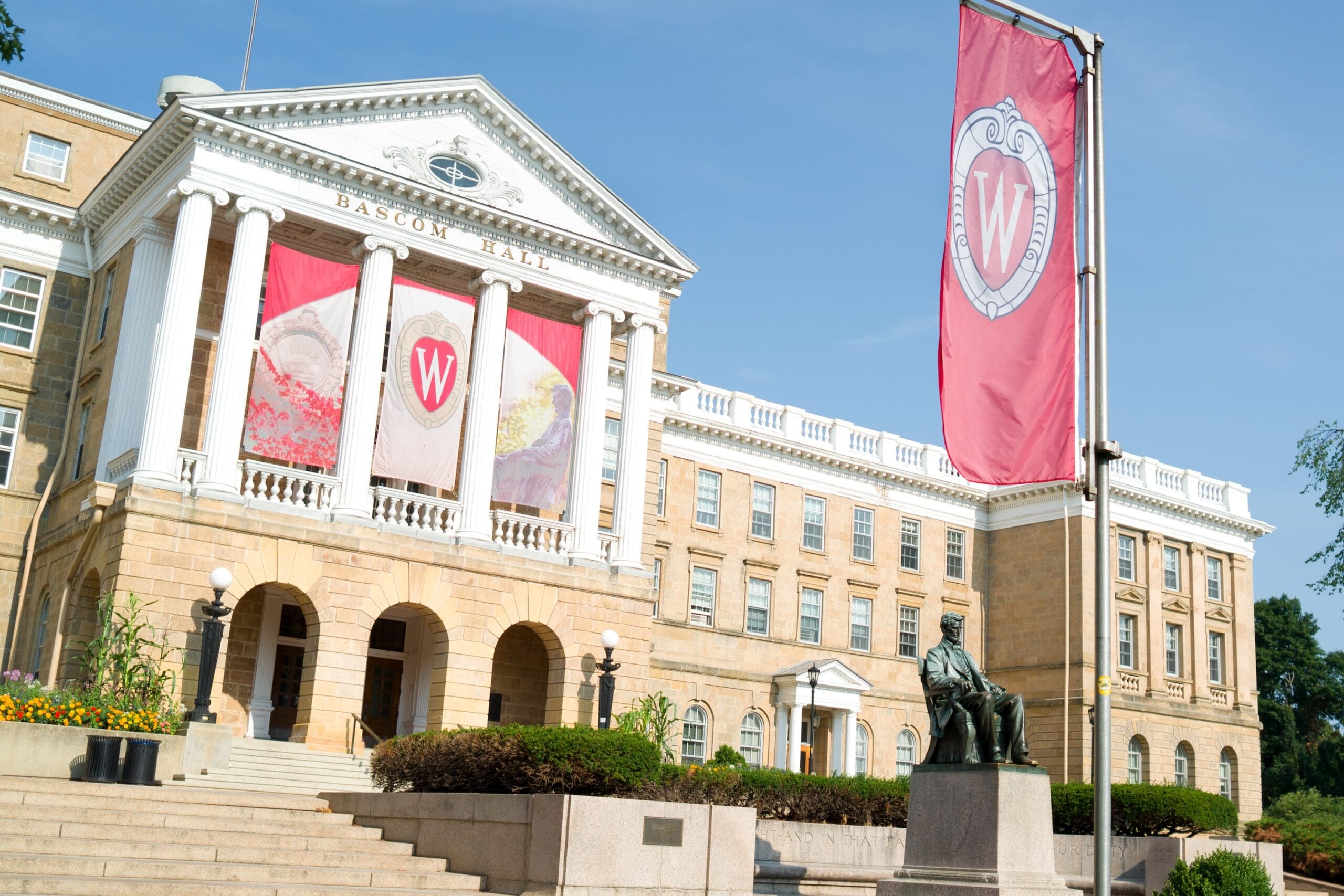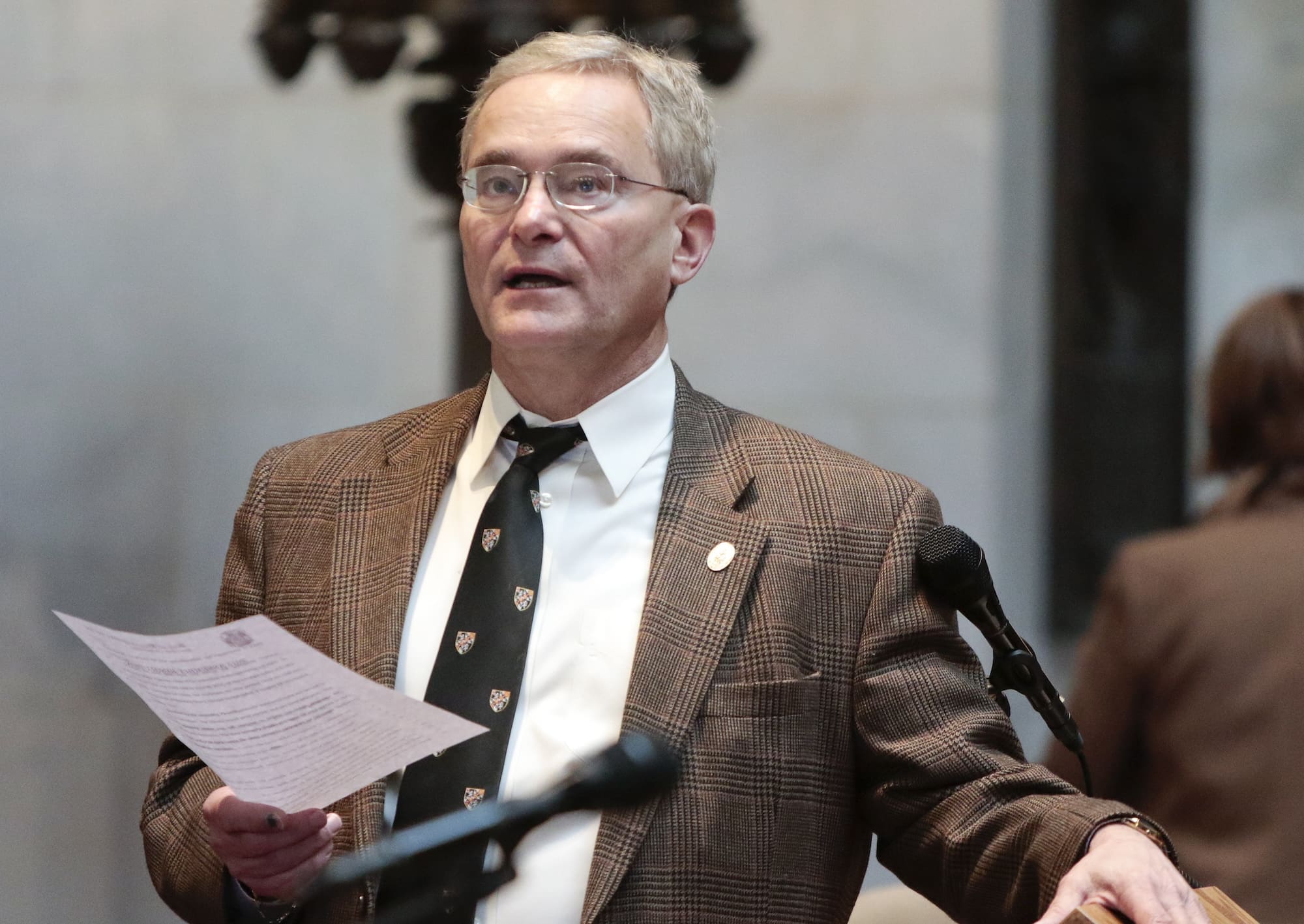Gov. Tony Evers approves largest nature conservation project in Wisconsin history
Republicans in the Wisconsin State Legislature had blocked critical funding needed to protect the Pelican River Forest.

Wisconsin Democratic Gov. Tony Evers announced on Jan. 24 that he had given final approval for an easement that will ultimately protect over 67,000 acres of the Pelican River Forest in northern Wisconsin.
In his State of the State address, delivered at the Capitol building in Madison, Evers said: “Conserving and protecting our natural resources and land continues to be a top priority for my administration. I’m also excited to announce tonight I’m approving the largest forest conservation effort in state history. In partnership with the Biden Administration and the Conservation Fund, we’ve approved the conservation easement for the Pelican River Forest’s remaining acres to protect the forest for generations of future Wisconsinites to use and enjoy. This is a big deal, folks.”
A conservation easement is a legal agreement between a landowner and a government agency or nonprofit organization to preserve the natural habitat on a property while retaining the private ownership of the land in question.
The Pelican River Forest is home to such animals as bald eagles, wolves and black bears. According to the nonprofit Conservation Fund, which purchased the property in 2021, preserving the land will prolong its usage as a recreation destination for outdoor enthusiasts and support 775 forest-related jobs.
The bulk of the funding for the Pelican River Forest will come from the U.S. Forest Service’s Forest Legacy Program, which identifies and conserves forest regions that may otherwise be threatened by industrial development. The 2022 Inflation Reduction Act, which was signed into law by President Joe Biden, invested $700 million over 10 years in the Forest Legacy Program, and $11 million of that allocation is being used for the Pelican River project.
The Forest Service said that along with the Chequamegon–Nicolet National Forest, three county forests, and other existing easements, the new easement will create over 944,000 acres of contiguous protected territory in northern Wisconsin.
The announced completion of the easement comes after efforts by Republicans in the Wisconsin State Legislature to kill the project.
“There is an abundance of publicly owned land in northern Wisconsin for people to recreate on. That doesn’t even include all the land that’s in MFL [Managed Forest Law] for people to recreate on. When we continuously take land off the property tax roll, we lower the revenue that comes into those local units of government,” Republican Sen. Mary Felzkowski told WXPR in January 2023, explaining her opposition to the easement.
In April of that year, Republican lawmakers blocked a proposal from Evers to use funding from Wisconsin’s Knowles–Nelson Stewardship Program to assist in financing the portions of the easement not covered by the federal grant.
Evers sued those lawmakers in October over their blocking of the funding and of pay raises for University of Wisconsin employees. The suit alleged that the Legislature was “unconstitutionally and unlawfully obstructing basic government functions.” The case is currently pending.
On Jan. 26, the Conservation Fund announced that the Richard King Mellon Foundation would instead provide the necessary bridge financing, allowing the project to proceed.
Clint Miller, the Conservation Fund’s central Midwest regional director, said in a statement, “Because so many worked so tirelessly to get this project done, Pelican River Forest will stand tall for generations to come.”




